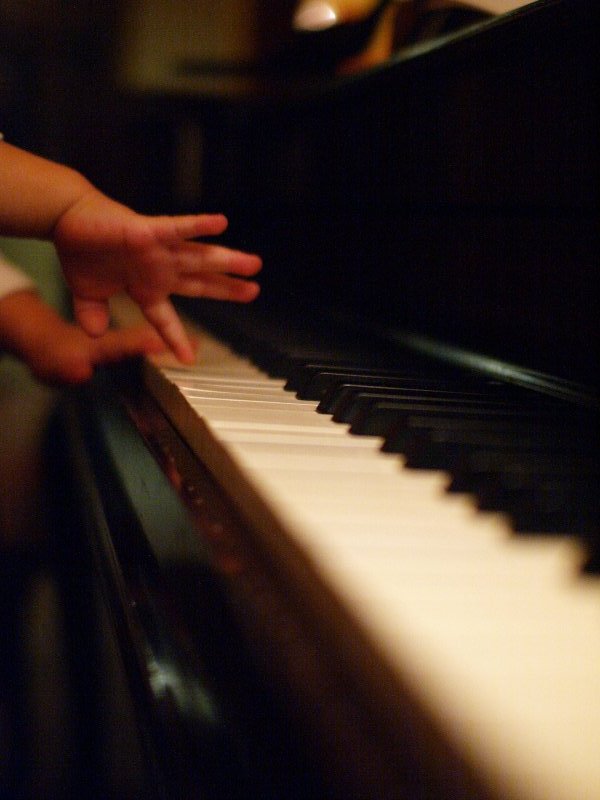Growing up in Belgium, my brother and I were the only two yellow-skinned, black-haired Asian kids at our overwhelmingly white Flemish primary school. During the first week, the timid and the shy among my classmates gaped at me from a distance, while the braver souls approached me with naïve curiosity, one urgent question burning in their minds – did my people really like their pet doggies better in a sizzling hotpot? “Yeah,” I said, whenever I got tired or annoyed, “they also like to dip the ears and the snouts in peanut butter sauce for extra flavor.”
As a 6-year-old, I had the emotional range of a teaspoon and couldn’t even distinguish between anger and fatigue. Racist and offended weren’t in my vocabulary (or in that of my classmates’), and due to this cultural un-awareness, I cared very little if my behavior and my appearance confirmed the stereotypes about my ethnic origin that had existed on campus long before I was born. Yes, I ate white rice, had small eyes, was a math nerd, and played the piano like a Kung Fu master. Yes, my parents liked high grades and shoved Chinese poetry down my throat every day on my way to school, then made me recite it to their impressed friends when they came over for dinner on Christmas Eve. I didn’t hide or flaunt the values that my parents had been trying to instill in me since my birth – I took them for granted as part of my multicultural identity, and so did the blond-haired, blue-eyed white kids in my class. My nonchalant confidence about what set me apart deterred them from taunting me with ineffectual racialized jokes (rice-related or eyes-related), and instead, they looked on with careful attention and suppressed excitement whenever I showed them the pinyin of an arcane character or a replica of a traditionally Chinese ink-and-wash painting.
At 16, I came to America, hoping to find a tight-knit community of Asians who bonded over their shared heritage and supported each other through similar hardships as foreign immigrants. Although I made a couple of caring and loyal Asian friends, I couldn’t help but notice that some of their siblings refused to talk to me, only ate steak and fries, and ferociously rebelled against their parents’ attempts to teach them the family language. They so desperately wanted to break free from the stereotypical image of the hardworking but unassertive overachiever without personality – an image that would shackle them to the lowest rungs of the social hierarchy forever – that they rejected all that made them Asian, including the red packets of pocket money they received for New Year and the lunch boxes stuffed with steamed buns they took to summer camp. While racism from non-Asians toward Asians often springs from ignorance, this kind of internalized racism – from Asians toward themselves – springs from a combination of alienation, confusion, and shame, and it is the worst kind that I have ever witnessed.
I was lucky. Because I was a rarity in Belgium, I could afford to fit a few Asian stereotypes without having to fit them all. For the most part, Belgians didn’t personally know what Asians believed in or acted as as a whole, and I was seen as an individual with traits that I had either inherited from my culture or developed on my own. Unlike myself, Asian-Americans were born into the Asian-American minority, large enough for its members to have earned a common reputation, but too small for them to be recognized as distinct personalities. Now, I feel part of this ethnic group, and when the differences between us and the Asian minority are ignored, we can feel lonelier than when the differences between us and the white majority are emphasized. In retrospect, it doesn’t seem too counterintuitive that I felt more accepted in white Belgium than amongst some of my fellow Asians in colorful America.
However, no matter how hard it seems to be an American minority with many independent voices, we can’t just give up and morph ourselves into the mainstream demographic. I’ve spent much of my childhood and my teens explaining unconvincingly that not every Asian is Chinese, like me, and that not all Chinese like music and rice, like me, but I’ve found it infinitely easier than pretending to like theater and potatoes – preferences that are less typically Asian and more typically European – to prove my point. If we truly like to play instruments or eat rice, then why shouldn’t we? An appreciation for the beauty of music boosts our quality of life, and a bowl of cooked rice is definitely healthier than a greasy plate of hamburger and fries. We should all encourage the Asian kids to be unapologetically different, but we should also let them know that it’s okay to be unapologetically typical at the same time. After all, only when we stop being afraid of debunking and perpetuating the myths surrounding our culture are we ready for the world to see our true unapologetic selves.

Comments are closed.